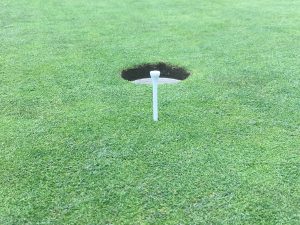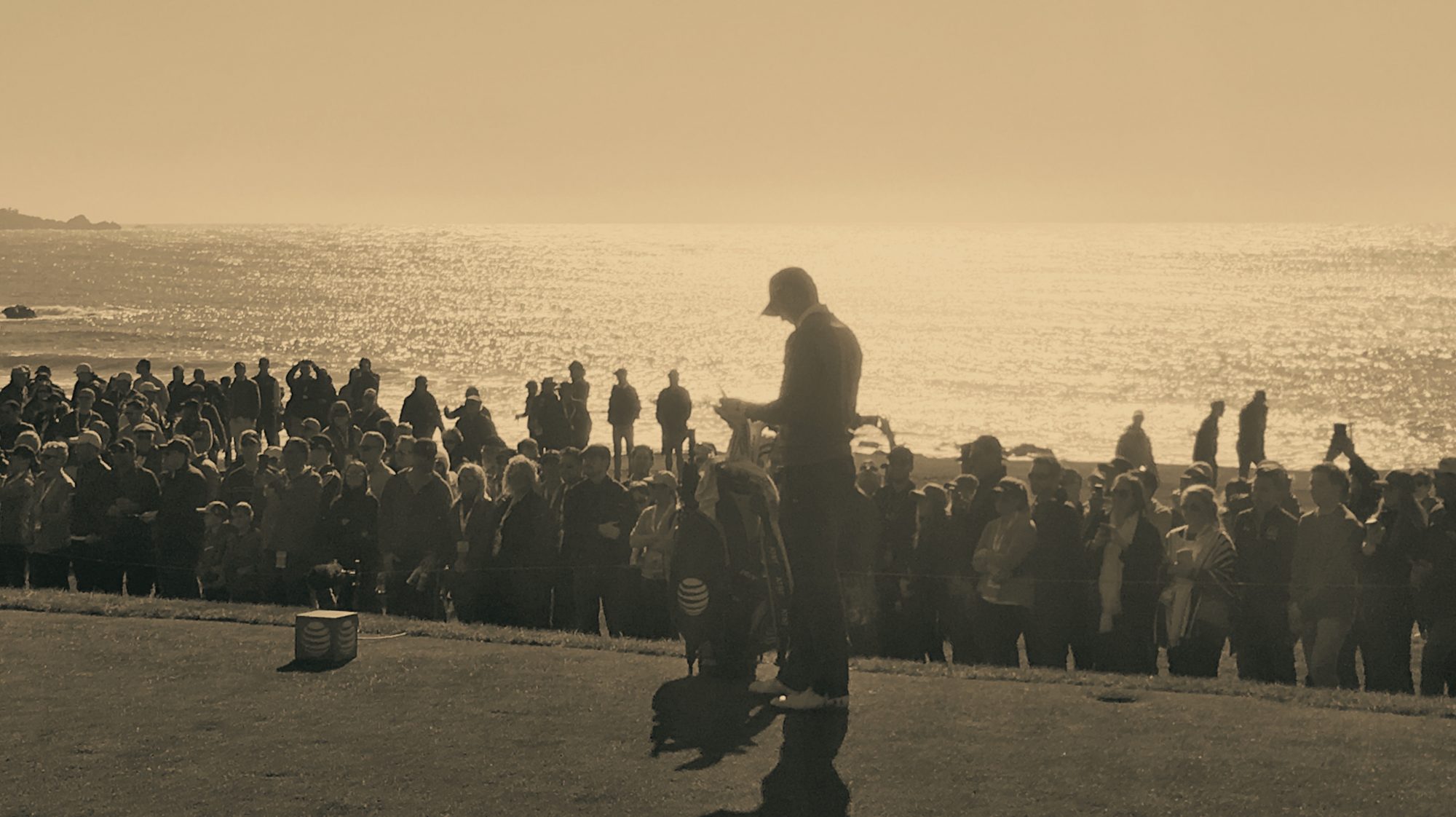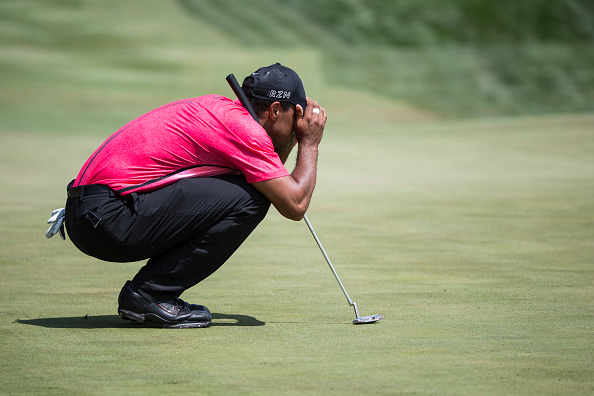I have a question for you.
After missing a putt has anyone ever said “at least you missed it on the pro side,” but you had no idea what they meant? And perhaps the agony of the subsequent bogey (or worse) kept you from asking?
Well, what exactly is the “pro side” as it pertains to golf? The pro side, or high side, refers to the side of the hole that has more elevation.
A routine mistake many amateur golfers make is that they do not play enough break when putting. But by hitting your putt with enough pace and playing enough break, you are ensuring that your putt at least has a chance to go in.
Conversely, if you do not play enough break and/or do not hit the putt with the right speed, your putt will dive underneath the hole, waving goodbye as it passes by the cup. It was dead from the start with zero chance of going in. This is called the low side or amateur side.
And although it is totally fine to feel like and be an amateur while playing; in golf, as in life, it is always wise to give yourself the best chance at success right?
How great is that? You can play more like a pro without actually being one!
So ditch the low side and choose to play the pro side.
You will make more birdies, more pars, and save more bogeys. And considering how vital putting is to your success in golf, playing the pro side will lower your scores, which leads to more enjoyment as well as more confidence.
When your putt is straight, you need not worry about it. And if you are 100% confident in your read, go with it and hit it on your chosen line. If you assessed it correctly and struck it well, the golf Gods may very well smile upon you.
But if you are just a hair unsure of the line, play more break. Even if it’s just a tad more.
If it breaks to the left, aim a bit higher on the right. If it swings to the right, play it just a little more left.
 Here’s a drill you can try. Find a putt that has some break on the practice green. Place a tee in front of the cup (at 6 o’clock as you are looking at the hole) and try to enter the hole from the side of the tee that is higher.
Here’s a drill you can try. Find a putt that has some break on the practice green. Place a tee in front of the cup (at 6 o’clock as you are looking at the hole) and try to enter the hole from the side of the tee that is higher.
Then it becomes mostly about pace. And obviously, the speed, grain and slope of the particular green will be factors to consider as well.
But at least you will have given yourself the opportunity for a fist pump.

(Featured photo by Simon Bruty/SI/Getty Images)

